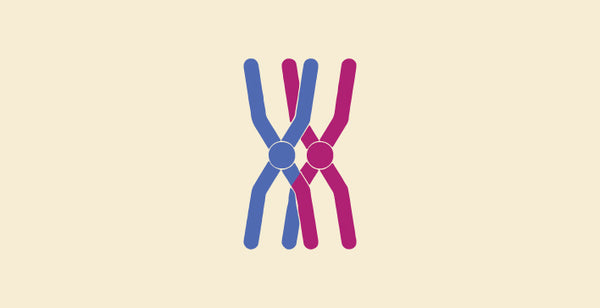Difference Between Nervous Control And Chemical Control: The body uses a pair of main communication systems: Nervous control, which depends on electrical impulses travelling via neurons for quick, targeted responses, and Chemical Control, which uses hormones released into the circulation for slower, more broad effects. The difference between nervous control and chemical control enables the body to respond swiftly to current requirements while maintaining long-term functionality.
Difference Between Nervous Control And Chemical Control
Nervous Control and Chemical Control are two major systems responsible for regulating various physiological processes in living organisms. Here are the definitions followed by the differences between the two:
|
Feature |
Nervous Control |
Chemical Control |
|
Definition |
Regulation via nervous system: brain, spinal cord, nerves |
Regulation via hormones released into bloodstream |
|
Speed |
High speed |
Relatively slower pace |
|
Transmission |
Electrical signals through neurons |
Chemical signals (hormones) through bloodstream |
|
Target |
Specific organs, tissues, or cells |
Widespread areas of the body |
|
Duration |
Short-lived responses |
Long-lasting responses |
|
Flexibility |
Rapid adaptation to changing conditions |
Adjustments over longer time frames for homeostasis |
|
Voluntary Control |
Some actions can be consciously controlled |
Involuntary and automatic actions |
|
Reflexes |
Responsible for reflex actions |
Not directly involved in reflex actions |
|
Consciousness |
Closely associated with consciousness and awareness |
Not directly related to consciousness or awareness |
|
Localization |
Effects are often localized to specific areas of the body |
Effects are widespread throughout the body |
Order the Best Jogger Scrub from Here!
What is Nervous Control?
Nervous control is your body's fast-acting communication system. The nervous system uses electrical impulses traveling along nerve cells to trigger immediate responses. This is how you jerk your hand away from a hot stove – the nerves relay the sensation of heat almost instantly. Nervous control is precise, affecting specific muscles or organs.
Browse Best Scrubs Collection
Key Features of Nervous Control:
- Electrical impulses move via specialised cells known as neurons to govern the nervous system. These fast impulses enable quick and accurate reactions to stimuli.
- The numerous connections between neurons allow the nervous system to target specific organs and tissues. This concentrated control allows for synchronised activities across the body.
- Most nervous system reactions are transient. When electrical impulses reach their destination, the effect is usually instantaneous and does not linger. Pulling your hand away from a hot stove is an example of a nervous system-controlled reflex.
- The neurological system provides for conscious control over movements such as muscular movement. We may choose to move our limbs, talk, or blink because of the complicated connection between the brain and spinal cord.
What is Chemical Control?
Chemical control is your body's slower, longer-distance communication method. It relies on hormones, which are chemical messengers generated by glands and delivered into the circulation. These hormones circulate throughout the body, impacting different organs and activities. Chemical control can have long-term impacts, influencing development, mood, and metabolism.
Explore All Women's Scrub
Key Features of Chemical Control:
- Chemical control makes use of hormones, which are chemical messengers secreted by glands into the circulation. These hormones circulate throughout the body, impacting different organs and activities.
- Hormones frequently have far-reaching effects, affecting numerous organs or systems at once. For example, insulin, which is produced by the pancreas, influences blood sugar levels throughout the body.
- Unlike nervous system reactions, hormonal impacts can last. Hormones can be active for minutes, hours, or even days, depending on the hormone.
- Chemical control usually occurs on an unconscious level. We do not directly control hormone release; rather, the body controls it depending on internal and external inputs.
Shop Best Lab Coats from Here!
Similarities Between Nervous Control And Chemical Control
- The nervous and chemical control systems govern the body's physiological activities.
- They help the body maintain its internal equilibrium, or homeostasis.
- Both systems require communication between various sections of the body.
- They respond to both internal and external stimuli in order to sustain optimal body function.
- Both systems allow organisms to adapt to their surroundings.
- They collaborate to manage complicated physiological reactions.
The body employs two major control mechanisms to coordinate its functions: nervous control and chemical control. The signalling molecules are what distinguishes neurological control from chemical control. Nervous control is based on quick electrical impulses travelling through nerve cells to provide immediate reactions, typically to external stimuli. Chemical control, on the other hand, uses hormones, chemical messengers produced by glands into the circulation, to regulate internal activities and long-term changes throughout time. This contrast between electrical and chemical messengers results in a flexible control network that allows the body to respond quickly to external inputs while maintaining a stable internal environment.















